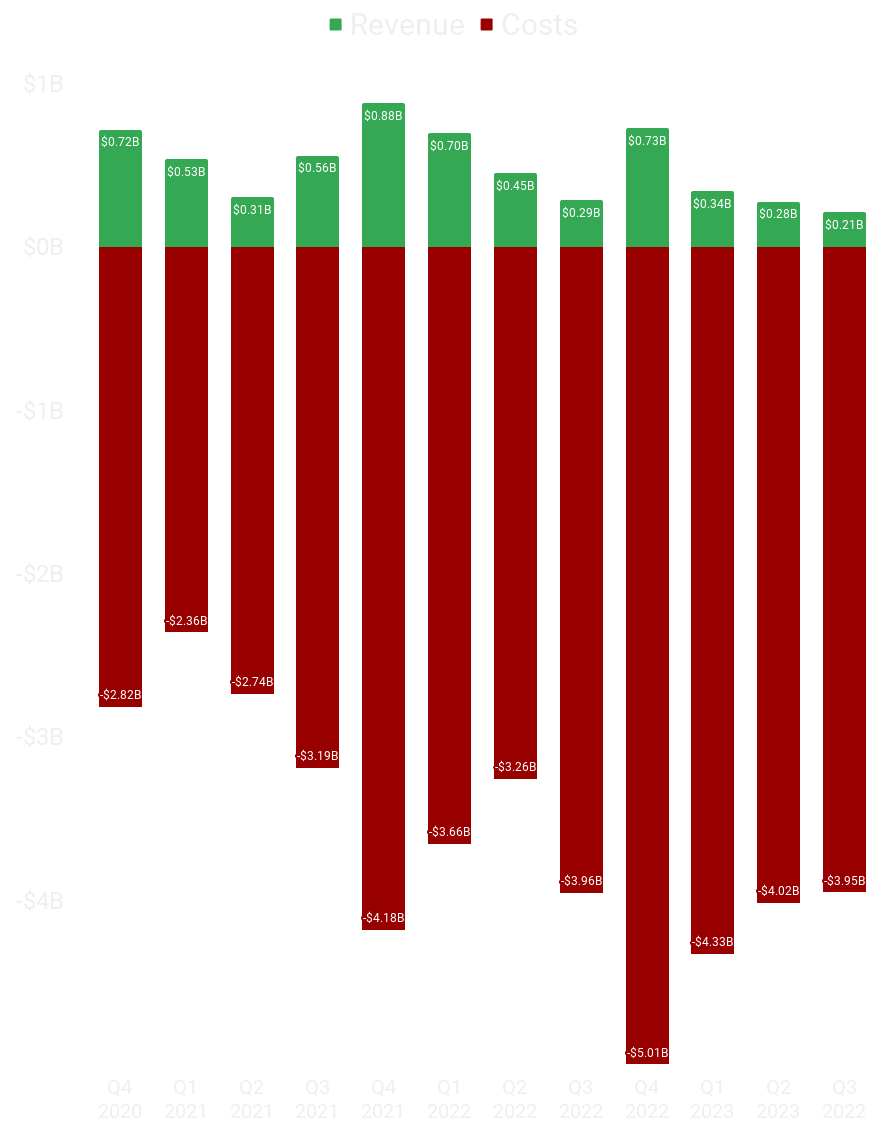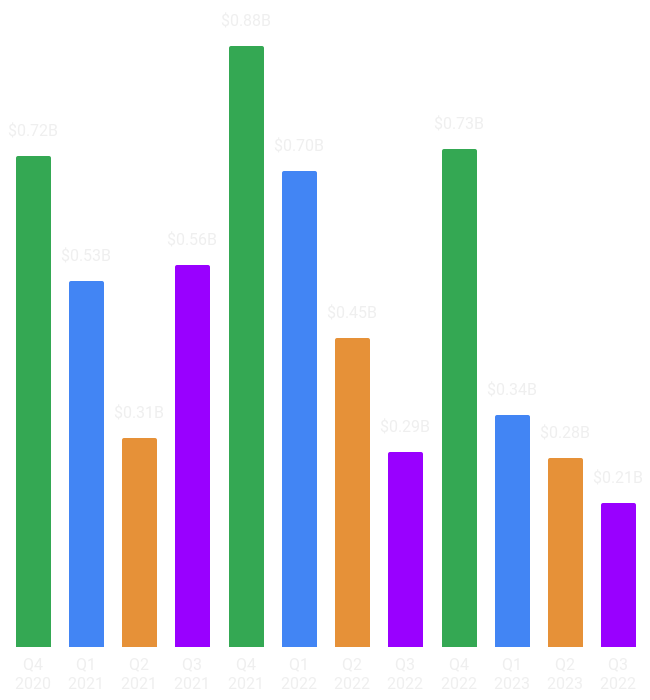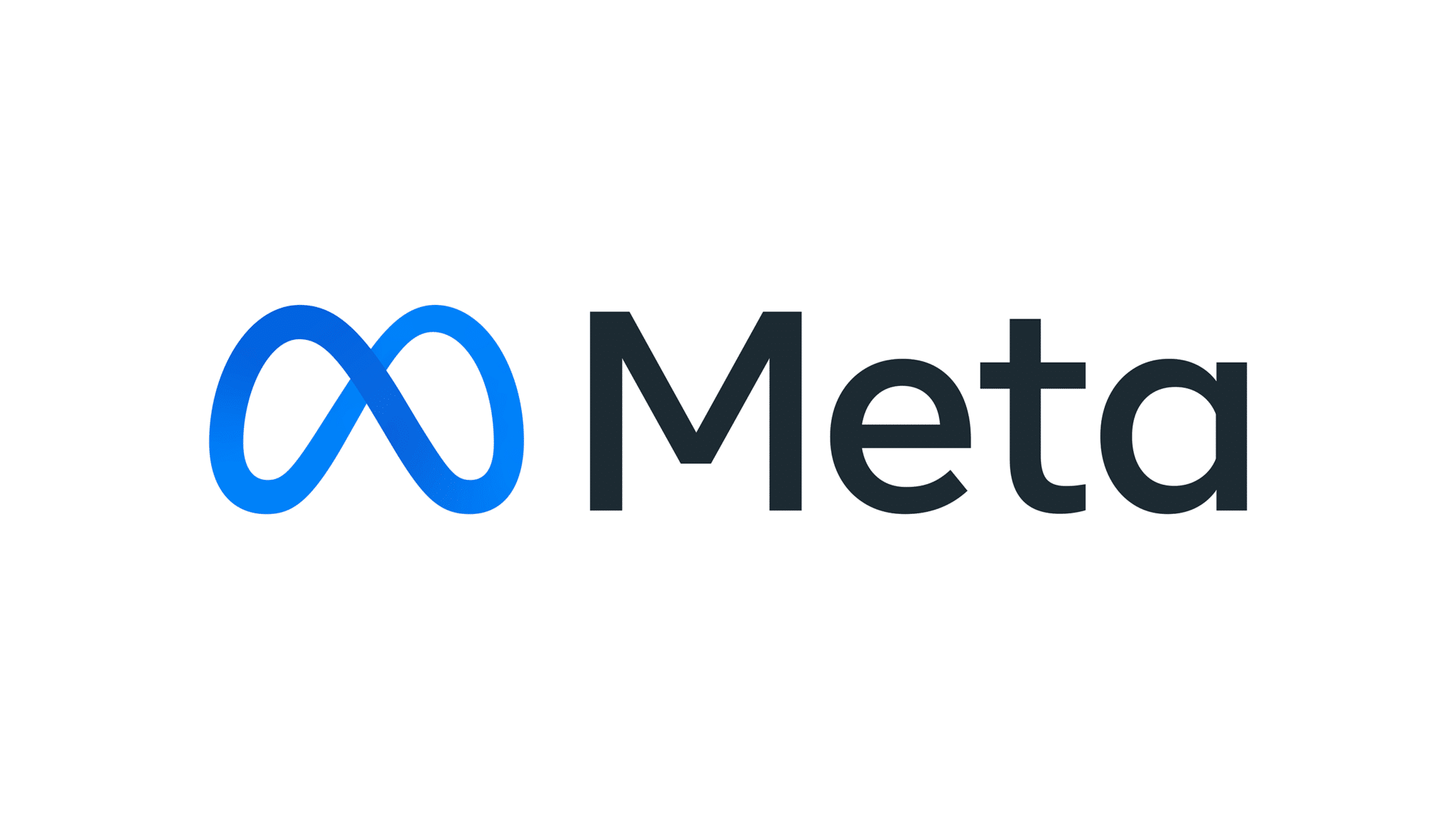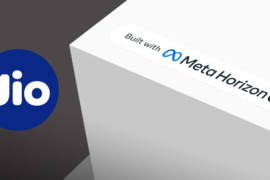Meta expects its ongoing “losses” in its Reality Labs division to increase in 2024.
Reality Labs is the division of Meta behind Quest headsets, the smart glasses, Meta Avatars, Horizon, and research & development toward AR glasses and their neural wristband input device.

In the Q3 earnings call today Meta reported $210 million Reality Labs revenue this quarter against $3.95 billion costs, resulting in a $3.7 billion “loss”.
That’s slightly less revenue than Q3 last year, but that’s unsurprising. Q3 ended on September 30, meaning it doesn’t include Quest 3 sales, and very few people would have been buying Quest 2 in the last months leading up to its successor’s launch. We should see the Quest 3 launch represented in the Q4 earnings figures next quarter.
So far this year, Meta’s Reality Labs division has “lost” more than $11 billion dollars. But while describing this as a loss is technically correct in a financial sense, in reality it’s more accurate to describe this as long term investment. XR headsets like Quest are still a relatively early technology, far from maturity, and Meta hasn’t even launched its first AR glasses yet. More than 50% of Reality Labs spending is on the research and development of AR glasses.

Meta’s CFO Susan Li said she expects these Reality Labs losses to increase in 2024, due to “ongoing product development efforts” and “investments to further scale our ecosystem”.
That “product development” likely at least refers to the AR glasses, but may also refer to upcoming Quest headsets too. Meta reportedly plans to ship a VR-focused headset more affordable than Quest 3 next year which may be branded Quest 3 Lite, and is reportedly working with LG on a Quest Pro 2 for 2025.
It’s less clear what “investments to further scale our ecosystem” means. That could also be a reference to Quest 3 Lite, which would be expected to sell many more units than Quest 3, or it could refer to VR content and developer funding. Meta funded two AAA Quest games for this year, Asgard’s Wrath 2 and Assassin’s Creed Nexus, and has acquired eight studios which may be building more for next year. It also continues to heavily invest in its Horizon “metaverse” platform, bringing it to mobile and web recently and building a first-party studio to ship high quality games inside it.





